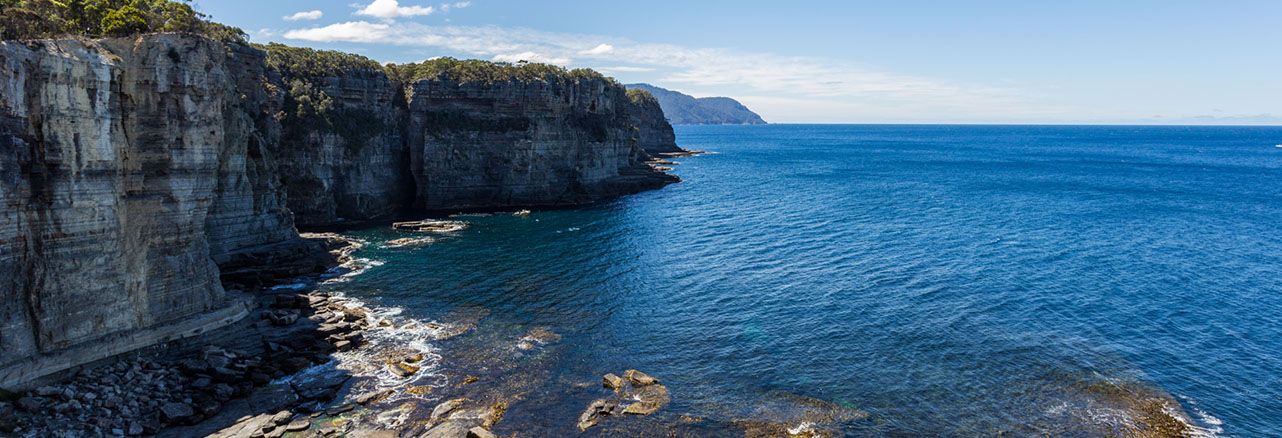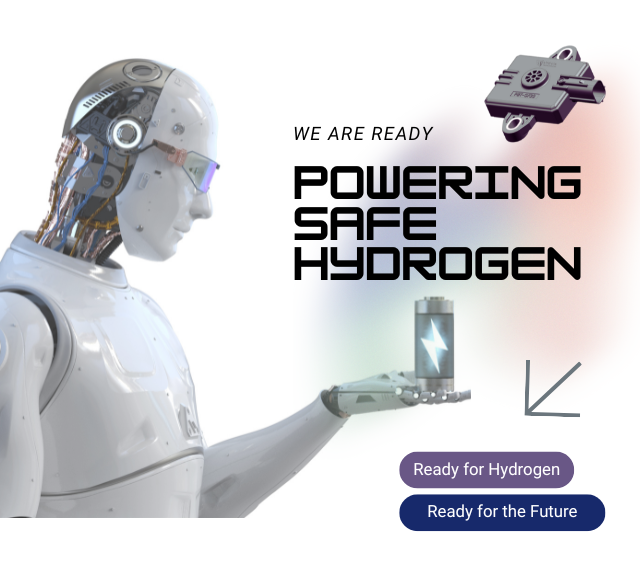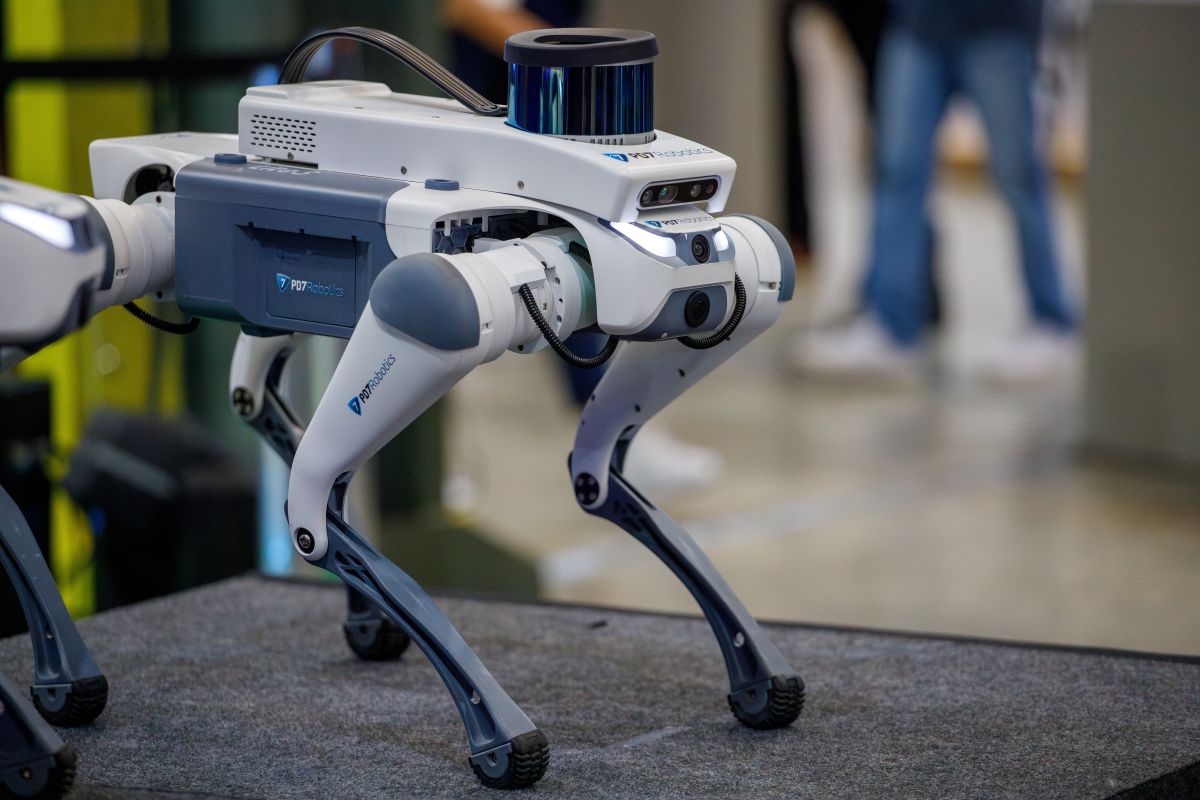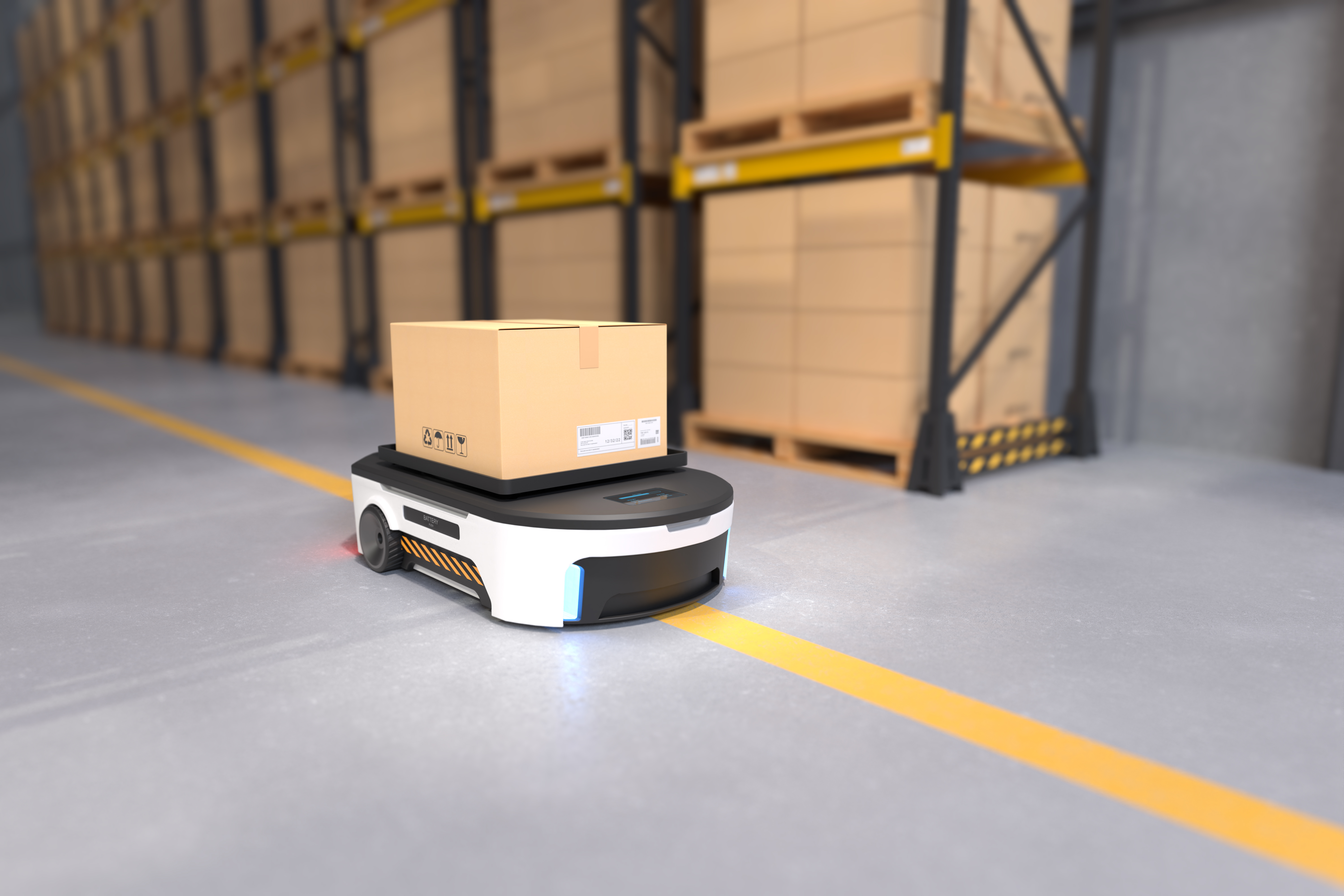Featured Articles
2022-02-07
Zero emissions to transcend industry and national boundaries
 Australia has abundant coal reserves, accounting for approximately 8.9% of the world’s total.
Australia has abundant coal reserves, accounting for approximately 8.9% of the world’s total.At present, there are only two major automakers in Japan and South Korea who are fully committed to the development of hydrogen vehicles. They are often cited as a dilemma. In fact, their influence has gradually spread beyond cross-industry and even beyond national boundaries.
Australia is a typical example. The country has abundant coal reserves, accounting for approximately 8.9% of the world’s total, and therefore relies heavily on its power generation. It accounts for more than 80% of the energy production structure, resulting in the country’s carbon emissions per unit of GDP among OECD countries, ranked second, with the highest per capita emissions. Based on the dual considerations of economic development and climate responsibility, Australia has a profound understanding of the need to thoroughly think about getting rid of the structure that relies on carbon energy. Moreover, Japan, one of its major coal exporters, has clearly set a development goal of hydrogen energy that will reduce the demand for coal, making Australia no longer have an ostrich mentality. Australia, which has a weak automotive supply chain, has become a pioneer in the hydrogen energy industry. In the spring of 2021, the Australian Prime Minister announced that the national goal is to build its own hydrogen valley, with the goal of producing the world's cheapest green hydrogen energy. At the same time, ActewAGL, a multi-utility joint venture company in the country, used hydrogen energy produced by France's Neoen and started operating the first hydrogen refueling station in Australia. Immediately after the second hydrogen refueling station, the Toyota Hydrogen Center, an early test site for hydrogen technology operated by Toyota, was also opened. The cost was US$5.7 million. The Australian Renewable Energy Agency subsidized nearly half of the funds. It is the company’s largest production and storage in the world, for the distribution of hydrogen energy. Toyota uses the electric energy generated by the 87kW solar array on the roof, with a combination of a 100kW battery storage system and power from the grid, and dynamically adjusts to a 200kW electrolyzer to provide power in real time, which splits water into hydrogen and oxygen, which can generate 80kg hydrogen energy per day. This proves that hydrogen refueling stations, even without hydrogen tank trucks, can independently produce hydrogen and operate independently, truly achieving zero emissions and extremely low energy consumption.
Compared with the conservative attitudes of Daimler Benz and BMW, and the refusal of Volkswagen, the German government takes a positive perspective on the development of hydrogen vehicles in Germany, a major European automobile production hot spot. The National Hydrogen Strategy, announced in July 2020, will allocate 9 billion euros to develop hydrogen technology, and is supported by the German Automobile Industry Association (VDA) and another lobbying organization of the German Mechanical Engineering Department, VDMA. It is certain that the use of hydrogen fuel cells in automobiles is a very important part of the hydrogen economy. In the future, the formation of the entire hydrogen value chain in Germany and Europe will enable German companies to win the competition with Tesla in the United States.
References
- 日本写真印刷株式会社 News Release 2014.12.16 : トヨタの燃料電池自動車「MIRAI」に水素ディテクターが採用
- Nissha株式会社 company webpage: 世界で初めて量産FCVに採用されたNISSHAエフアイエスの水素センサー
- 新コスモス電機 2021-3-1 News Release: トヨタ 新型「MIRAI」に 当社の車載用水素ディテクタが採用されました
- 日本特殊陶業 company webpage: 究極のエコカー・FCVの走行性能と安全性を守る「水素漏れ検知センサ」の開発を推進するイノベーターたち
- 日経エレクトロニクス2017/08号 Hot News:東芝が新型の水素センサー、消費電力を1/100以下に:ヒーター不要のMEMSで実現
- EETimes Japan 2016-10-06 消費電力0.01mWの水素センサー、ReRAMがヒントに
- 國金證券 2017- 06- 22 燃料电池行业系列研究之五 氢气安全吗?燃料电池车用氢安全性分析
- Hyndai Motor Group company webpage: How Safe Is Hydrogen?: At the Heart of an FCEV 2019-09-06
- The World News, 2021-12-01 VW expects battery, raw material drive to cost up to €30b https://twnews.co.uk/my-news/vw-expects-battery-raw-material-drive-to-cost-up-to-eur30b
- Financial Post, 2020-09-29, Tesla aims to mine its own lithium in Nevada after dropping plan to buy miner https://financialpost.com/commodities/mining/tesla-aims-to-mine-its-own-lithium-in-nevada-after-dropping-plan-to-buy-miner
- Hydrogen Industry News & Market Intelligence, 2021.04.23, Mr Morrison wanting to produce the “cheapest clean hydrogen in the world” at Australia hydrogen valley https://hydrogen-central.com/morrison-cheapest-clean-hydrogen-world-australia-hydrogen-valley/
- CBR, 2021.03.26 Hydrogen refuelling station opens in Canberra https://www.act.gov.au/our-canberra/latest-news/2021/march/australias-first-public-hydrogen-refuelling-station-opens-in-canberra
- Green Car Congress, 2021.-04-06 Toyota launches hydrogen production and refueling facility in Australia https://www.greencarcongress.com/2021/04/20210406-toyota.html
- Hydrogen Council, 2020.01 A comprehensive cost perspective on hydrogen applications and technologies
- 日本經濟新聞 2021-08-12 水素価格3分の1へ 岩谷産業、本格普及に挑む 関西企業攻める
- Nature, 2021-08-17, Electric cars and batteries: how will the world produce enough?
- Rec Anything, 2021-01-29, Electric Car Battery Recycling - How it's made (a great documentary!) https://www.youtube.com/watch?v=jn3SPW0huBI
- Green Card Report, 2020-04-28, Toyota has sold more than 15 million hybrids globally
- The Driven, 2020-02- 08, Tesla sold quarter of all global electric vehicle market in 2020
- The Verge, 2021-09-28, ELON MUSK, LIVE AT THE CODE CONFERENCE
- Hyndai Press Release, 2021-09-07, Hyundai Motor Group presents its vision to popularize Hydrogen by 2040 at Hydrogen Wave Forum
- BP Statistical Review of World Energy 2020 |




